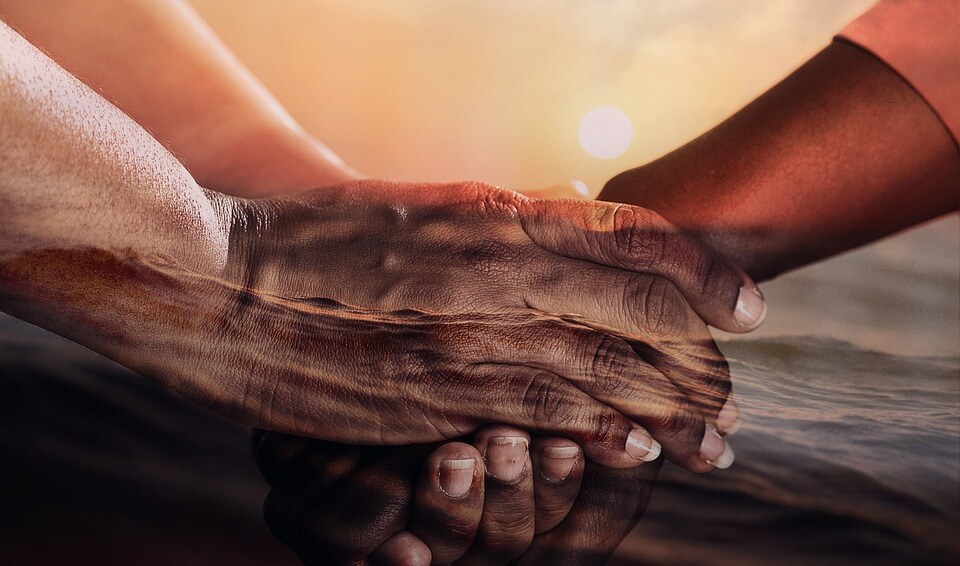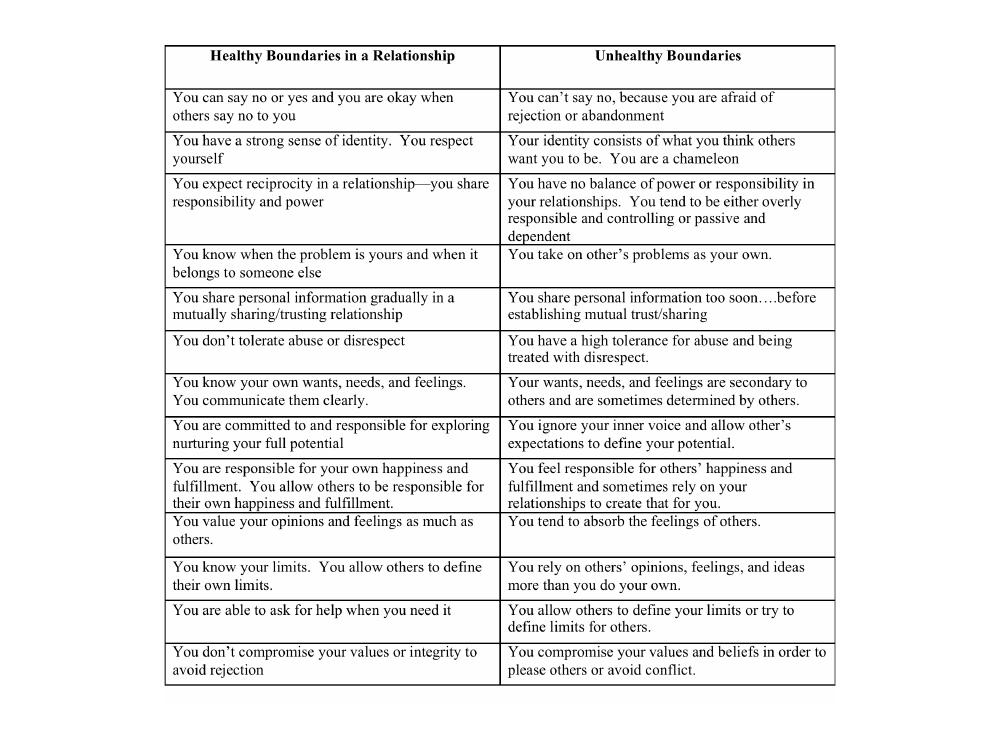
What is a rescuer? Are you a rescuer?
By Christina Fenske
Based on the book (1994/2000/2016), “Rebuilding When Your Relationship Ends” by Bruce Fisher, Ed.D.(p.15)
A rescuer is someone who starts a relationship with another person who needs rescuing or some sort of assistance. Fisher (1994/2000/2016) found that the rescuer likes to find people to rescue because it serves a need for them and feels good, while the person needing rescuing often loves the attention and thrives with the support. The two people eventually may end up in a committed relationship with each other and the rescuer; typically with an over-responsible person and and under-responsible person in a relationship.(p. 15)
According to Dr. Fisher (1994/2000/2016), he believed that rescuers may see themselves superior to those who need rescuing. Frequently, you may believe that you are doing all these great things makes you a great person. It’s true the things you may get done are impressive. You maybe doing many kinds of things and good deeds too and for other people. Also, many times you may have even provided an environment that allowed the other person to make major personal growth. However, it maybe helpful to realize that your rescuing is often controlling to others, to keep them smaller, weaker, dependent, and possibly even unable to do things for themselves. Your need to rescue someone means you will have to keep them in need of rescuing. (p. 15)
How did you become a rescuer?
During your formative years, your emotional development may have become stunted. You stop getting all your needs met and you overcompensated by finding another little child had also stopped growing. You began to give them the things, you were wishing someone would give to you. It made you feel better, but it set a dangerous precedent. Also, you began being so involved in helping another that you were able to avoid looking at how much you needed to take care of yourself. This began the development of an adaptive/ survivor part for you to feel better and get more of your needs met (Fisher, 1994/2000/2016, p. 15).
There is a wide variety of situations that could have encouraged you to develop your pattern of behaviour. At times when you felt frustrated because you weren’t getting enough attention or love, you learned you could manipulate your environment by developing adaptive behaviours. Sometimes you may have felt criticized and became adaptive to feel better instead of feeling not OK. Frequently, you may have suffered from a lack of parenting because your parents were not around or were particularly weak in their parenting skills. Occasionally, everyone around you were under responsible, perhaps even in an altered state due to their drugs of some sort. So you learnt to be over responsible and a rescuer in order to keep your family functioning (Fisher, 1994/2000/2016, p. 15).
Make A List of Adaptive Behaviours
If you were to make a list of the many adaptive survivor behaviours you could have chosen, being a rescuer was probably the best choice you could have made. It helps you make the most of your situation. It not only helped you to get more of your needs met, but it often was very helpful to the people around you. Therefore, it worked well in your younger years, but it doesn’t work as well in your adult relationships (Fisher, 1994/2000/2016, p. 15).
Over and Under Responsible
Relationships that are over or under responsible often become stressful and sometimes end. Rescuers often become emotionally drained. The final stage of the relationship usually includes anger because you’ve given so much and received so little that you may become quite resentful and bitter. You can’t see your contribution to the problem. You have difficulty taking, so even if you they tried to give to you, you would have trouble receiving it. For you, it is easier to give than to receive (Fisher, 1994/2000/2016, p. 15).
System of Interaction
It’s easy to see that this system of interaction between the two people can become quite upset. Here are some examples. A couple have a baby and the rescuers too busy with the baby to continue rescuing the partner, so the rescuer finds stronger identity by doing self care. This can feel selfish to the rescuer, when they start becoming responsible to self instead of over responsible.
The person who is under responsible becomes tired of being controlled and either leaves the relationship or becomes more responsible for self in the relationship. Anyone of these behaviours of yours can contribute to the end of a relationship. If asked you can usually identify when the behaviour began to change, this can be the beginning of the end of your relationship. It is possible to change within their relationship without leaving it, but both parties have to awareness plus good communication to do this (Fisher, 1994/2000/2016, p. 15).
Leaving The Relationship
Leaving the relationship will not help the rescuers change but instead you will probably find another person needing rescuing and create another over and under relationship. The challenge to change according to Dr. Fisher is that you will have to learn to have a relationship with yourself by learning to become responsible for self, instead of being either over or under responsible. It usually includes learning to give to yourself emotionally, instead of taking emotionally to others. It can mean giving to the yourself the things that you didn’t get enough of in your younger years (Fisher, 1994/2000/2016, p. 15).
Think of the wonderful things that could have happened, if you would transform your well developed giving to others, into giving to yourself which could have been part of finding your own happiness, contentment, and inner peace that you deserve (Fisher, 1994/2000/2016, p. 15).
Keep In Mind
It is never your responsibility to:
- Give what I really don’t want to give.
- Sacrifice my integrity for anyone else.
- Do more than I have too.
- Drain my strength for others.
- Listen to unwise counsel.
- Retain an unfair relationship.
- Be anyone but exactly who I am.
- Conform to unreasonable demands.
- Be 100% perfect.
- Follow the crowd.
- Submit to overbearing conditions.
- Meekly let life pass me by.
- It is never my responsibility to give up who I am ever, for anyone for fear of abandonment. – Unknown Author

We can offer you hope, if your struggling with being a rescuer? Or maybe your just having challenges in your relationship and need guidance or consultation. This is what we’re here for. Connect with us today at admin@ovcs.ca.
References
Fisher, B. (1994/2000/2016). Rebuilding when your relationship ends. Oakland, CA: New Harbinger Publications. (Original work published 1994, 2000)


